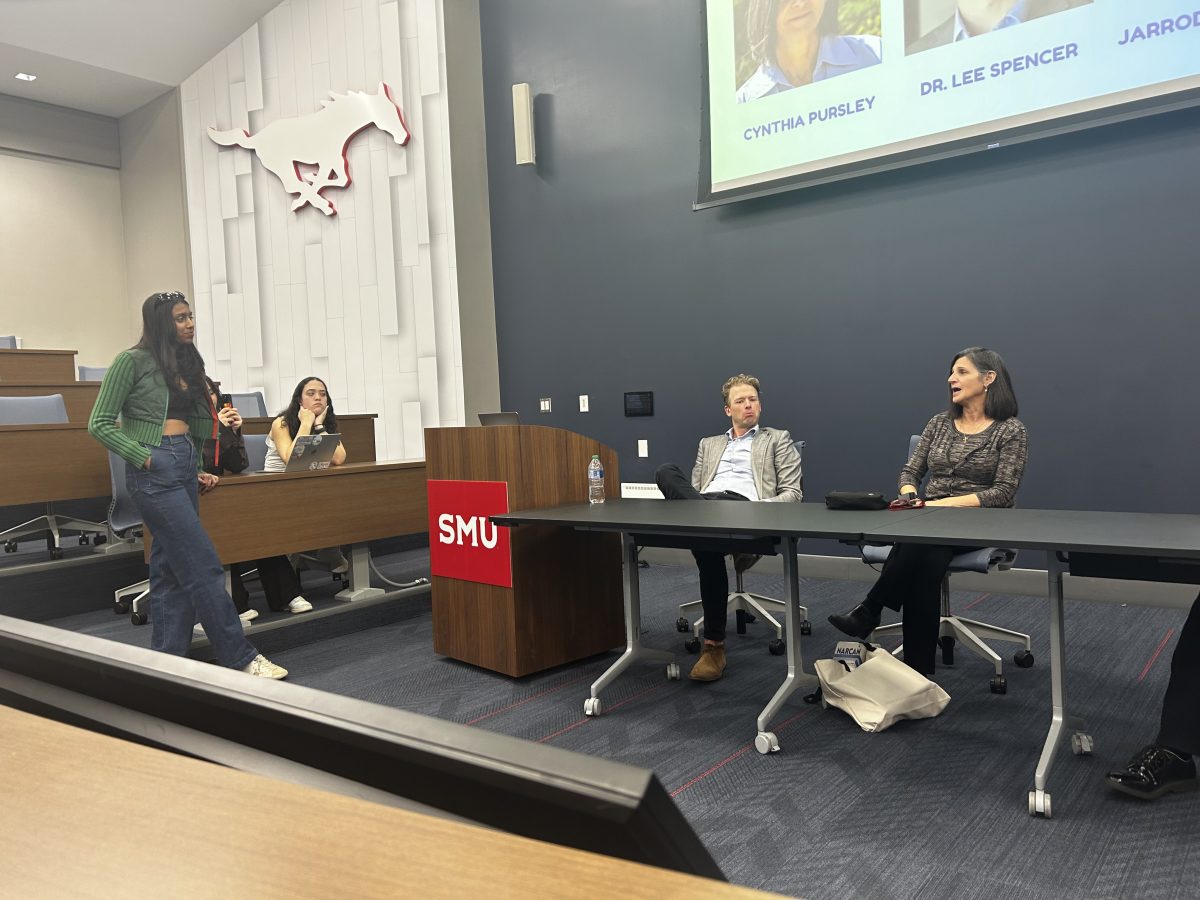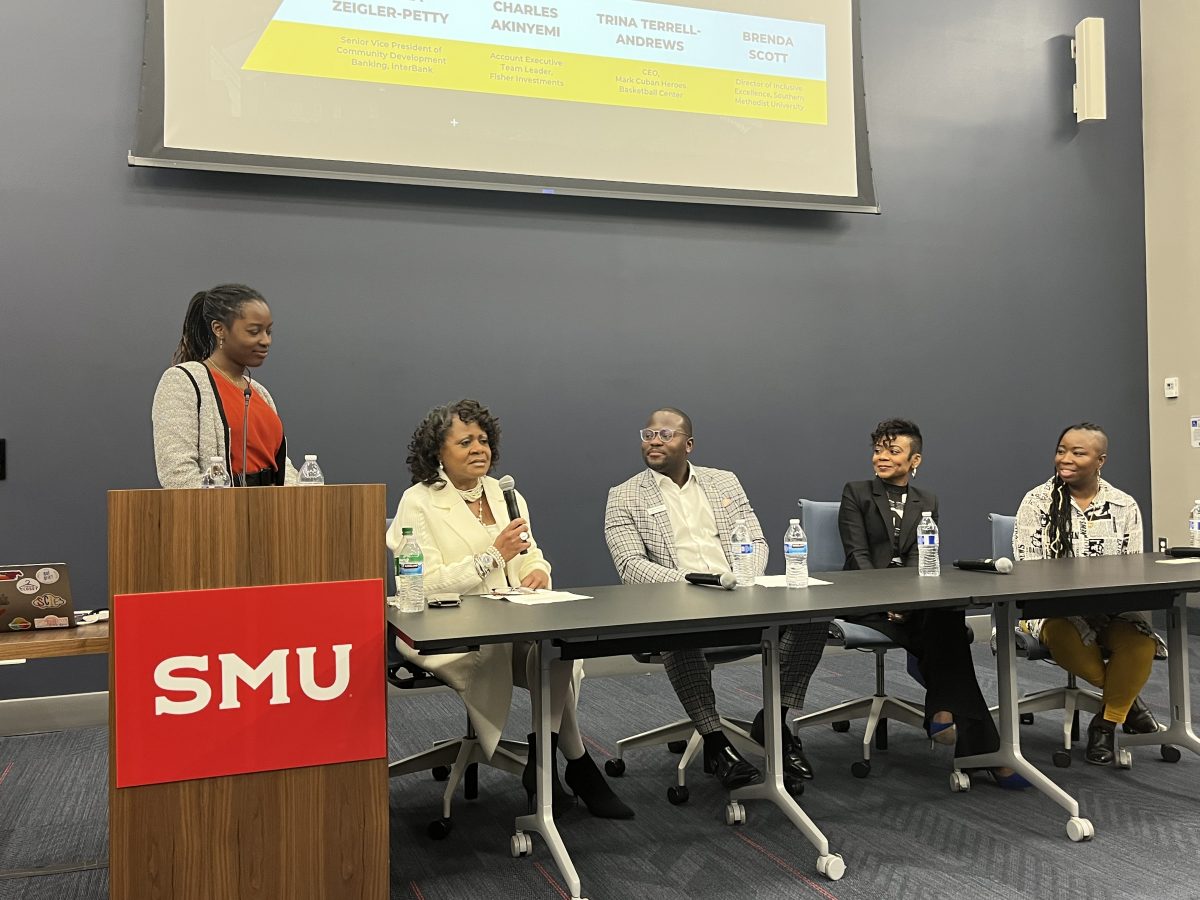Eating two spoons of peanut butter may be normal for a lot of children, but just one bite of a candy bar with peanut butter nearly killed Finn Howren four years ago.
“He reacted and we took him to the emergency room and I remember realizing how serious it was because they took us straight back and they said anaphylactic shock trumps everything in the emergency room,” Rebecca Howren said.
Finn’s mother is no longer afraid of this thanks to six months of therapy at the Dallas Allergy Immunology Clinic. At this private practice, patients do not receive drugs to treat their food allergies. Instead, they are given what their bodies reject.
Doctor Stacy K. Silvers explains they control doses very carefully.
“Kids are typically given very small amounts of the food they are allergic to, just microgram amounts,” Silvers said.
Unlike other treatments, the goal is to enable patients to eat large portions of the foods they are allergic to.
“They maybe just try to make it bite safe, to where if the kid was accidentally exposed to their allergen then they would be OK but they can’t go out and eat it,” Respiratory Therapist Amanda Helms said.
The process to reach this state is not easy. It takes two weeks to move up on the prescribed dosage of the allergen, during which the patients must take the amount twice a day. Patients must also wait at the clinic for an extra hour after taking a new dose to be sure they will not have an allergic reaction. Once they reach the highest dose, they must stay in the maintenance stage of the treatment, where they will eat the highest dose on a daily basis for several years.
Finn’s goal is to become resilient to peanuts, and if he does, his name and picture will be posted up on the graduates’ wall within the clinic. On that bulletin board are posted all the other patients who have successfully finished their treatment. They have moved on to a new food allergy or the maintenance phase.
However, for Finn and other children the path to graduation from an allergen can be a challenging one. Helms explains that “most of them are very anxious, specially on day one, that you’re telling them to eat something that they’ve been told will kill them.”
For most parents this is a small price to pay to make sure their child can handle whatever food is put in front of them.














